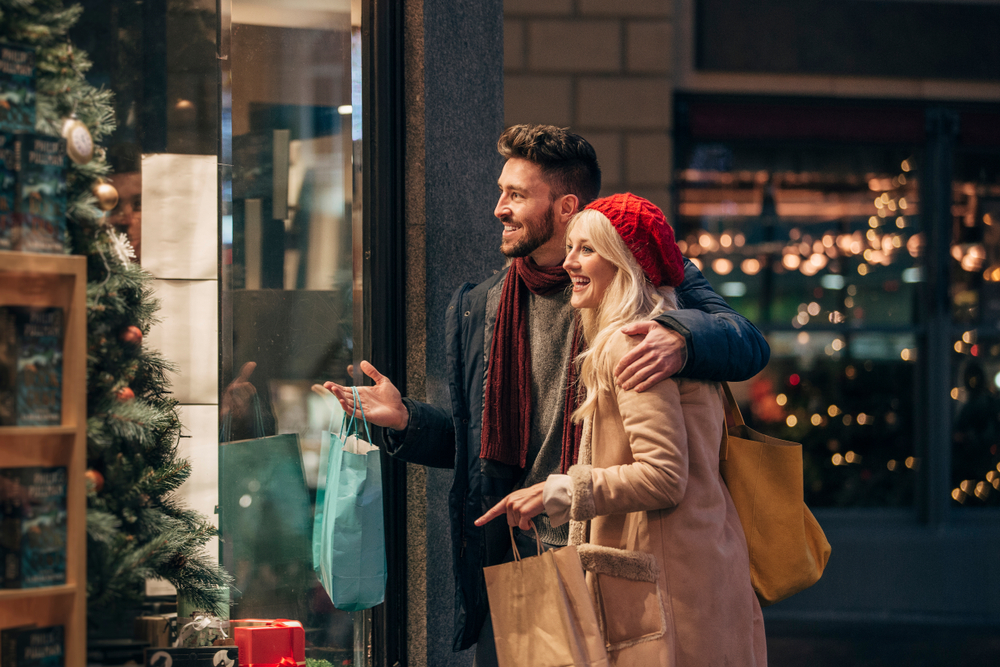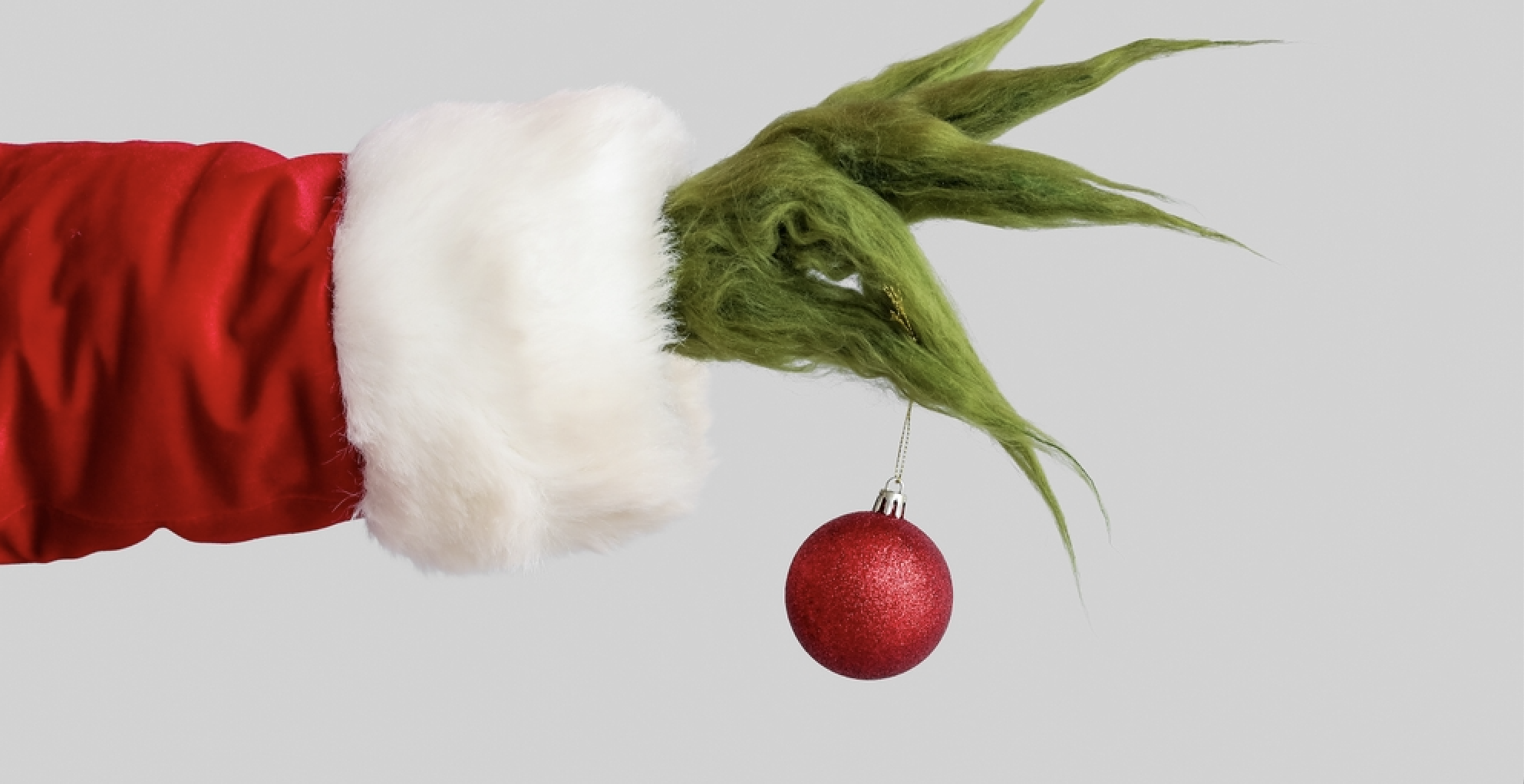In recent years, the unmistakable signs of Christmas have begun to appear earlier than ever, with decorations, holiday music and themed advertisements surfacing as early as October. This phenomenon, often called “Christmas creep,” is controversial – some people love it, others hate it!
As the festive spirit nudges its way into autumn, questions arise about why the Christmas season now seems to span several months rather than just December.
Let’s take a look at why – and what the optimum time to celebrate is!
Commercial influence on early Christmas celebrations
One of the most prominent drivers of Christmas creep is the commercial sector, where businesses have strategically extended the holiday season to maximise sales and consumer engagement.
Retailers – both online and in-store – start preparing for the holiday rush well ahead of December, often launching Christmas products and promotions right after Halloween. In particular, marketing tactics around holiday shopping have evolved to make early Christmas shopping seem almost essential.
Major sales events like Black Friday and Cyber Monday in November only add to this effect – effectively marking the beginning of the holiday shopping season and reinforcing the idea that the earlier shoppers start, the better deals they’ll secure.

Consumer psychology and early celebrations
The early arrival of Christmas celebrations taps into consumer psychology, where festive anticipation and positive memories play significant roles.
For many, Christmas is associated with joy, warmth, and nostalgia – making it a season that people want to extend for as long as possible.
This sentiment drives some individuals to start decorating, shopping and embracing holiday traditions weeks before December – as the holiday spirit provides an emotional boost during the colder and darker months.
Social media also plays a pivotal role in amplifying these behaviours, with influencers and brands showcasing holiday decor and Christmas-themed content well before December.
Cultural factors in different regions
The timing of Christmas celebrations varies widely across cultures and regions, but globalisation
and commercial influence have accelerated the spread of early holiday festivities.
● In the United States and other Western countries, Christmas decorations and preparations often begin as soon as Halloween ends. For instance, American-style shopping events like Black Friday have been adopted in various countries.
● Some regions have long celebrated early in December with specific events, such as St. Nicholas Day in parts of Europe.
● Other cultures might focus more on New Year’s celebrations or celebrations in January (such as Three Kings’ Day in Spain).
However, the pervasive influence of American media, fashion and consumer culture has blurred these distinctions – encouraging people globally to start decorating and shopping for Christmas in November, if not earlier.

Pushback against Christmas creep
While Christmas creep has gained momentum, there is also a notable pushback against it. Many people feel that starting Christmas celebrations too early diminishes the excitement and magic of the season.
Some argue that extending the holiday timeline detracts from the traditional sense of anticipation – making Christmas feel less special when it finally arrives!
There is also a movement among certain retailers and communities to delay holiday decorations and marketing until after other seasonal events, such as Remembrance Day in the UK or Thanksgiving in the United States.
Industries contributing to Christmas creep
Several industries play a significant role in advancing the timeline for Christmas celebrations, each capitalising on the holiday’s appeal to promote their products and services earlier each year.
The retail and e-commerce sectors are among the biggest contributors to Christmas creep, with stores stocking holiday-themed items as soon as Halloween ends. Major retailers, from department stores to online marketplaces, compete for consumer attention by launching holiday collections and sales early, encouraging people to start shopping well in advance of December.
The media and entertainment industries also play a key role. Streaming platforms and radio stations start rolling out Christmas films and music playlists by November.
Holiday-themed content is highly popular, with viewers eager for feel-good movies and classic songs – and media companies take advantage of this by promoting holiday specials and Christmas releases ahead of time.
The hospitality and travel industries contribute to Christmas creep by advertising holiday packages and themed events well in advance.
Casinos are also one of the businesses offering festive party slots – and some of them are before December. They may focus on a high-earning time of year to try and get as many people in as possible, especially because in many countries, casinos are not allowed to be open on Christmas day (online casinos, like those listed on Casino Meter, stay open).

So, when is the optimum time to celebrate?
There are no rules – some argue that Christmas can be celebrated as soon as Halloween ends, others claim they should wait until 1st December (when Advent begins), and others want to wait until after 20th December.
While nobody should feel pressured to start celebrating too early, there’s nothing wrong with doing so – even if that does mean putting on Last Christmas before the Autumn leaves have started to fall!





